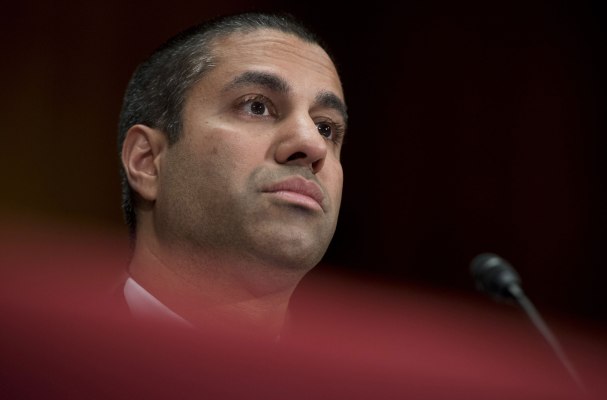The order to roll back net neutrality may have been made (though it’s not quite in effect yet), but the fight to restore it is ongoing. Twenty-four members of Congress have asked the FCC for answers on a variety of topics relating to the huge and controversial comment docket for the “Restoring Internet Freedom” order, with a due date of March 6.
The letter, from the House Committee on Energy and Commerce Democrats, can be read in its entirety here; a few highlights from the 16 multi-part questions can be found below:
- How did the FCC decide how to handle the unprecedented volume of comments files? Was there discussion of how best to do so? What resources were dedicated to this immense task?
- How were comments determined to be “devoid of substance”? How were others determined to “bear substantively” on the issue? What were the training methods and guidelines for staff making these determinations? How many staff hours were dedicated to this?
- “Several members of this Committee filed comments in the docket of this proceeding, yet a number of the arguments raised in those comments were either dismissed out of hand or overlooked entirely. How did the Commission decide which arguments filed by members of Congress should not be considered?” (That’s a nasty one.)
- Why did the FCC fail to cite a single consumer comment in the order?
- Why has the FCC failed to cooperate with the NY attorney general’s investigation into potential identity theft?
- Why did the FCC choose to not implement any kind of identity verification in its comment platform?
- The FCC says it excluded comments that used fake names, but how was it determined which these were? And if it is known which comments used fake names, why were these comments not removed from the docket?
Internal communications, analysis and documents are requested for most of these questions.
This isn’t the first such letter to be sent to Chairman Pai, and it probably won’t be the last. While he and his staff have responded to some more or less publicly, other letters may not have been published widely. So there’s no reason to think he won’t respond, although if previous replies are any indication, the answers to these questions may be less informative than Congress (and we) would like.

